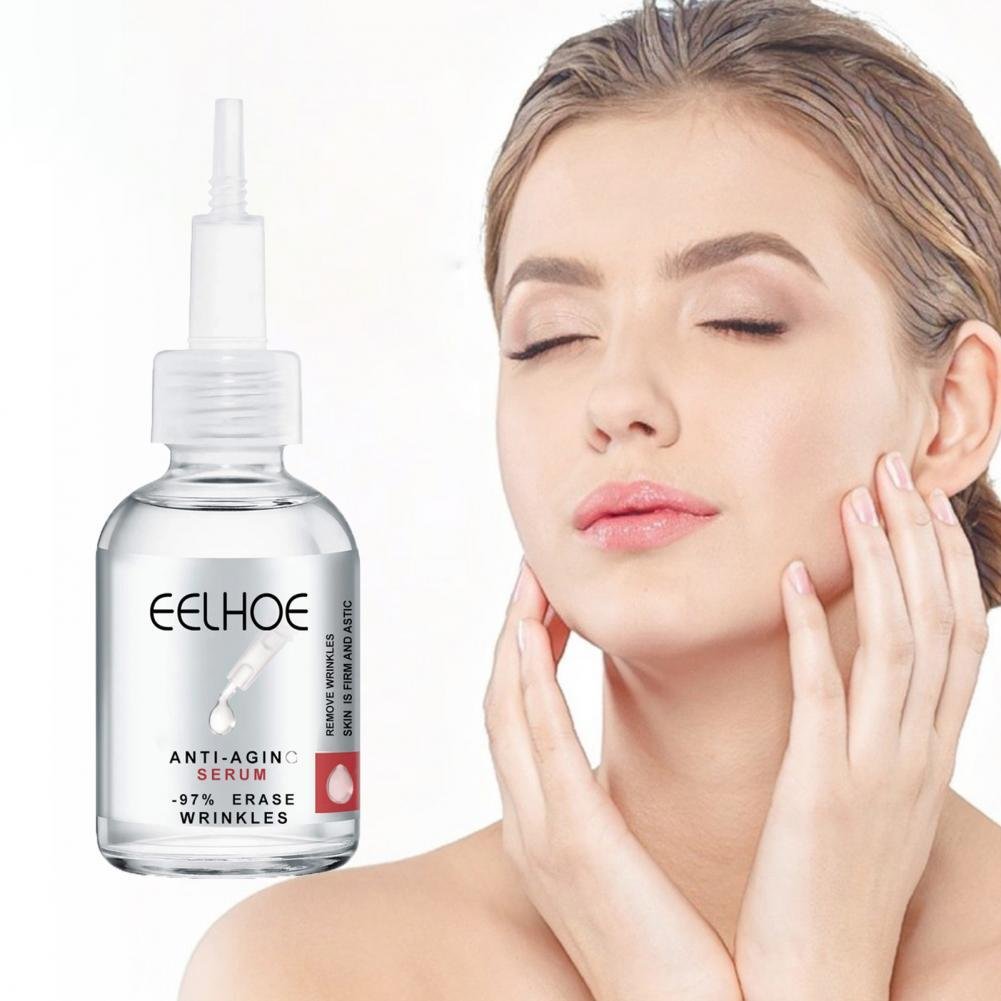Don't miss our Winter Sales offer 40% OFF!
The Science Behind Skincare for Timeless Beauty
Uncover the science behind skincare, from deciphering different skin types to exploring the transformative effects of hyaluronic acid, vitamin C, retinol, and niacinamide. Elevate your skincare knowledge and enhance your routine with evidence-backed insights. Our skin, the body’s largest organ, is a complex ecosystem with distinct layers and functions. The outermost layer, the epidermis, acts as a protective barrier, while the dermis beneath provides structural support and houses essential structures like collagen and elastin. Understanding this intricate biology is fundamental to comprehending the science behind skincare.
- Cellular Renewal: The science behind skincare is the process of cellular renewal. Skin cells constantly regenerate, with old cells shedding and new ones emerging. Age, environmental stressors, and genetics are just a few factors that can affect this cycle. Skincare products often aim to support and optimise this natural renewal process, promoting a youthful and rejuvenated complexion.
- Collagen and Elastin: Collagen and elastin are proteins crucial for maintaining skin elasticity and firmness. As we age, the production of these proteins decreases, leading to wrinkles and sagging skin. Skincare formulations often incorporate ingredients that stimulate collagen and elastin production, contributing to a more youthful appearance.
Introduction
In the continuously changing world of wellness and beauty, skincare has become a top priority for many people who want to have glowing, healthy skin. There is an exciting field of research hidden beneath the glitzy exterior of skincare routines and products. This article explores the nuanced subject of skincare, revealing the secrets of different skin types, the science of substances used in skincare products, and their profound influence on our skin.
Recognising Different Skin Types
Knowing one’s skin type is the first step towards developing a skincare regimen that works. The five main varieties of skin are combination, oily, dry, normal, and sensitive. To meet the needs of each category, a different approach is needed. While dry skin is devoid of moisture, oily skin generates extra sebum, combination skin combines features of several types, and sensitive skin is prone to irritation, normal skin usually finds a balance.
Knowing what kind of skin you have will help you choose the right skincare products and create a routine that works for your skin type. Customised skincare routines that address each person’s unique needs have become possible because of advancements in dermatological research.
The Science Behind Skincare Substances
A wide range of substances are present in skincare products, each selected for certain qualities and advantages. Scientific advancements that reveal the advantages of various ingredients are what keep the skincare industry evolving. Let’s explore some key components and their Science Behind Skincare contributions:
Hyaluronic Acid
Known for its moisturising qualities, hyaluronic acid is a naturally occurring molecule in the skin that helps it hold onto water, which keeps it hydrated and plump. Hyaluronic acid is a component of skin care products that helps prevent dryness, minimise the look of fine wrinkles, and preserve a young face.
Vitamin C
A potent antioxidant, vitamin C is essential for brightening the skin, promoting the formation of collagen, and shielding the skin from free radical damage. Its application to skincare routines promotes a more even skin tone and a glowing complexion.
Retinol
Renowned for its anti-aging qualities, retinol is derived from vitamin A. It helps fight acne, encourages cell turnover, and lessens the visibility of fine lines and wrinkles. Retinol’s science is based on its capacity to promote skin cell renewal, which leaves the complexion smoother and younger-looking.

Niacinamide
Also referred to as vitamin B3, niacinamide has several advantages, such as enhanced skin barrier function, decreased skin redness, and reduced pores. Its anti-inflammatory and antioxidant qualities are what give it scientific strength, making it a flexible component that works well for a range of skin types.
Conclusion
The science behind skincare is a captivating journey that intertwines biology, chemistry, and beauty. By comprehending our skin types and the profound effects of key skincare ingredients, we empower ourselves to make informed choices for a radiant and healthy complexion. As we embrace the synergy of science and skincare, the path to glowing, nourished skin becomes clearer than ever.








